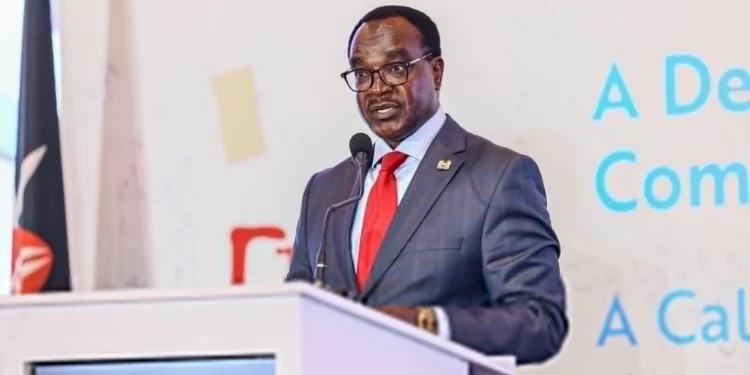The government has introduced a modular curriculum in Technical and Vocational Education and Training (TVET) institutions to accommodate the growing number of working students and enhance flexibility in skill development.
The roll-out, which began in 2025, targets students who wish to pursue technical courses while continuing with their jobs or other responsibilities. Under this system, training has been restructured into smaller, independent modules that can be completed in phases. Each module is assessed and certified separately, allowing learners to pause and resume studies without losing progress.
According to the Ministry of Education, the modularization aligns with the Competency-Based Education and Training (CBET) model and aims to equip youth with industry-ready skills. So far, the government has developed and implemented modules for 188 courses across Levels 3 to 6 in TVET institutions.
The move is designed to improve access to education, promote self-paced learning and increase the employability of graduates. Learners are now able to earn partial qualifications after completing individual modules, making it easier to secure entry-level jobs while pursuing higher level training later.
ALSO READ:
KUCCPS opens August intake for teachers seeking Diploma upgrade
The system also supports Recognition of Prior Learning (RPL), allowing experienced workers to gain certification without going through unnecessary retraining. This is expected to benefit thousands of artisans, technicians and other professionals whose skills were previously unaccredited.
Several institutions, including Kipsoen National Polytechnic and Kenya Water Institute, have already received staff training to implement the new model. Trainers have been equipped with tools to deliver and assess the modular courses effectively.
More than 66,000 students had enrolled in modular programmes by June 2025, according to the State Department for TVET. The department has also set a target to reach 2.5 million TVET trainees by the end of the year through this flexible and inclusive model.
ALSO READ:
KMTC opens alternative application window for missed September 2025 intake
The government has assured that curriculum delivery, funding and assessment have all been revised to support the new structure. Modular learning is expected to reduce dropout rates, expand access to quality education and respond directly to labour market demands.
Under this system, a learner can complete as little as 300 hours of training for Level 3 certification and proceed to work or continue to higher levels depending on their goals and availability.
This modular approach is part of ongoing reforms aimed at transforming TVET into a practical, flexible and industry-linked system. The government is encouraging more youth and working professionals to enroll in these programmes through accredited institutions across the country.
By Benedict Aoya
You can also follow our social media pages on Twitter: Education News KE and Facebook: Education News Newspaper for timely updates.
>>> Click here to stay up-to-date with trending regional stories
>>> Click here to read more informed opinions on the country’s education landscape






